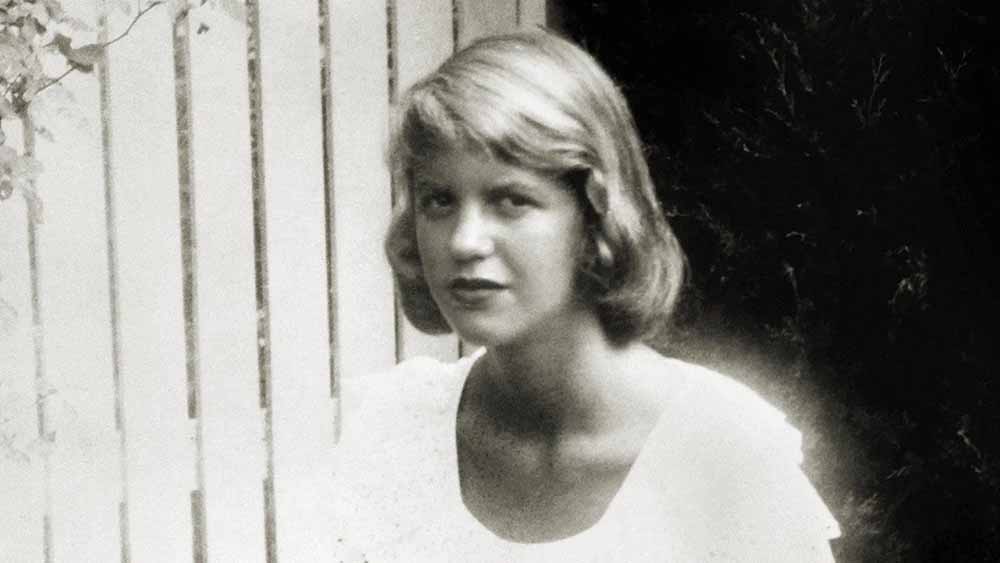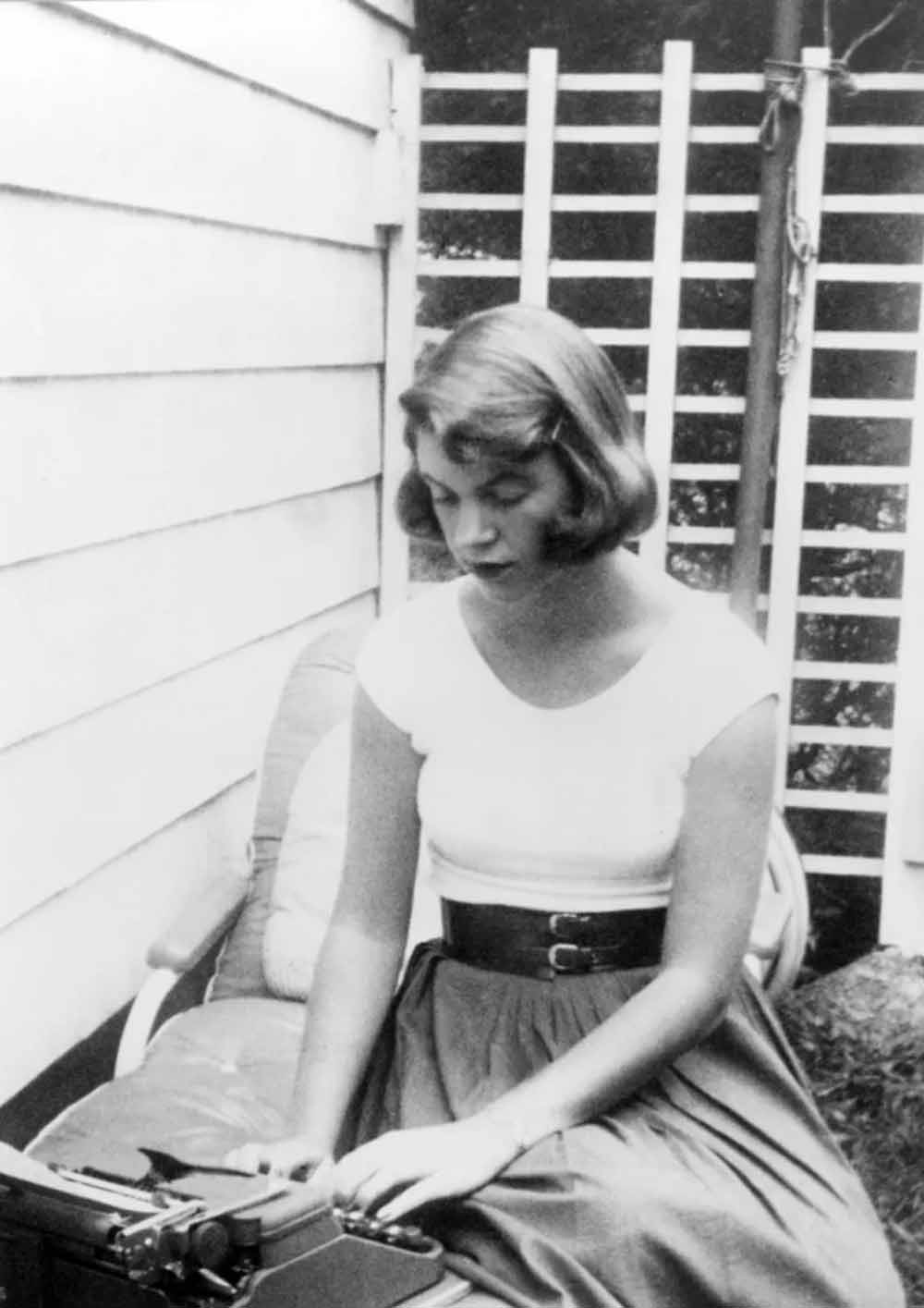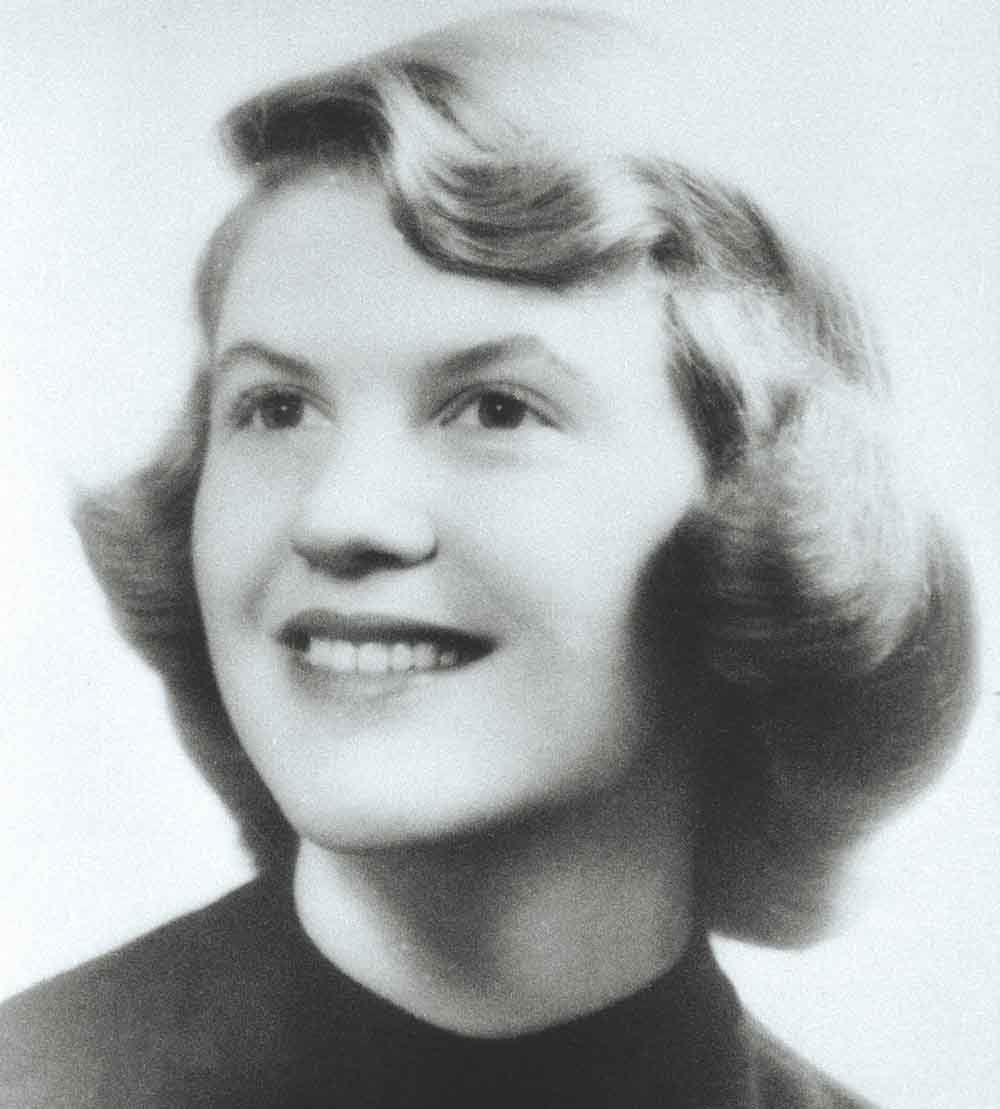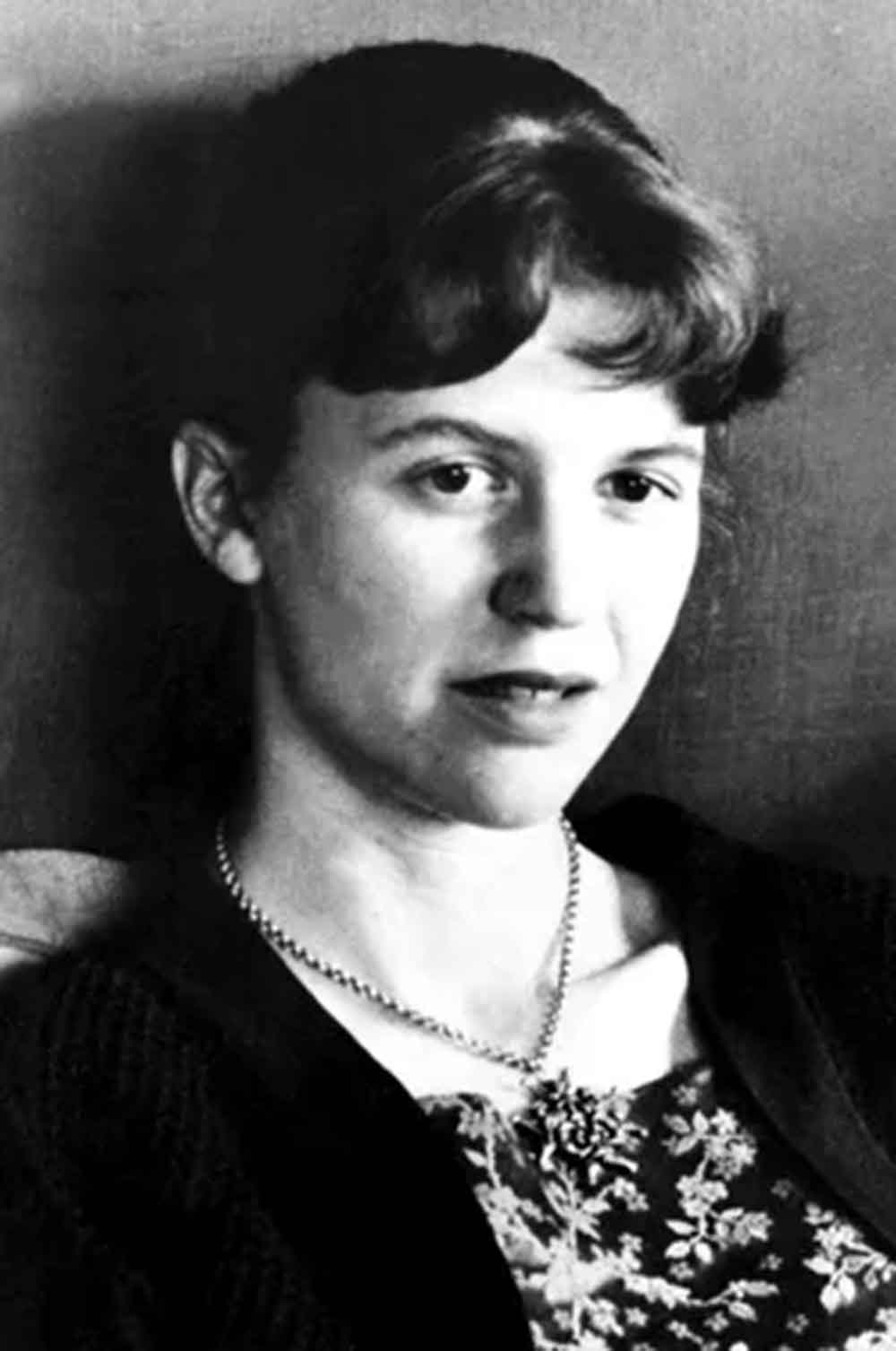‘I want to live and feel all the shades, tones and variations of mental and physical experience possible in my life. And I am horribly limited.’
― Sylvia Plath, The Unabridged Journals of Sylvia Plath
Sylvia Plath is remembered and recognised as one of the most powerful writers of the 20th century. While she never called herself a feminist, her work has come to represent women’s struggles in a male-dominated world. Through her poems and her novel The Bell Jar, Plath explored tough themes like identity, mental health, and the pressures women face.

Born on October 27, 1932, in Boston, Plath’s life was shaped by both brilliance and tragedy. Her father, Otto Plath, was a strict parent, and he died when she was just eight years old. This had a lasting impact on her. This experience shows up in many of her works, especially her famous poem Daddy, where she discusses her complicated feelings for him. Even at a young age, Plath was a gifted writer, scribbling in journals and publishing her first poem just after high school.

After attending Smith College, she went to Cambridge University on a scholarship. It was there she met and married fellow poet Ted Hughes. Her personal life and struggles with mental health often influenced her writing, with The Bell Jar being one of her most famous works. The novel tells the story of Esther Greenwood, a young woman dealing with society's expectations of women and her own mental health challenges—issues that many women still relate to today.

Plath’s poetry, especially her collection Ariel, reflects her frustrations and anger towards the traditional roles women were expected to play in the 1950s and 60s. Poems like Lady Lazarus and Daddy capture her feelings of rebellion and the desire to break free from those societal limits. Her ability to express these emotions in such a raw and honest way made her an inspiration to the feminist movement, even though she didn’t live to see it grow in the 1970s.

Tragically, Sylvia Plath died in 1963 at the age of 30, but her work lived on. She was posthumously awarded the Pulitzer Prize in 1982, becoming the first poet to receive it after dying. Though her life was short, her writing continues to speak to generations of women, encouraging them to question the roles society places on them and inspiring them to rise, just like Plath did in her poetry.